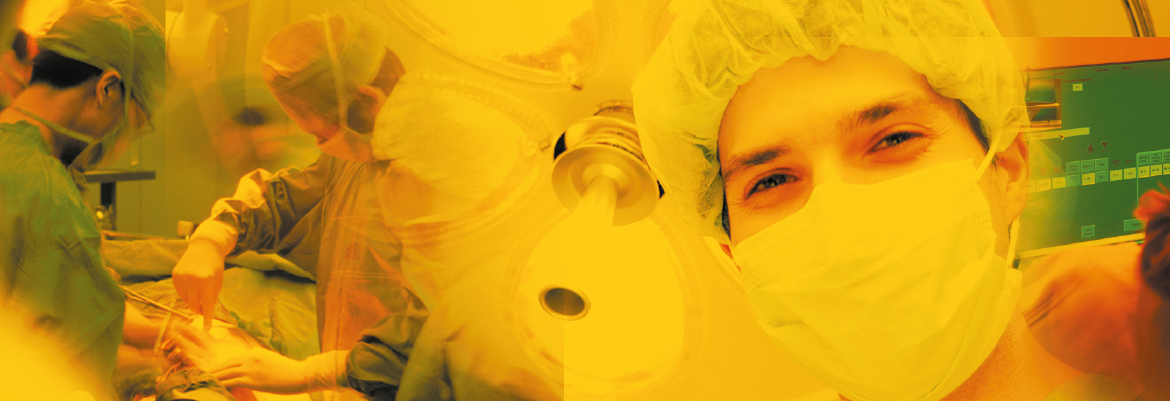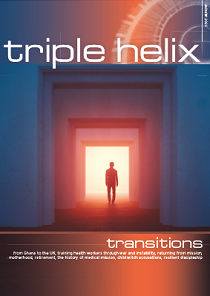Within three days of Archie's admission, his parents were approached to obtain consent to harvest his organs. Archie's family were understandably distraught, which may have played a significant role in the breakdown of trust with the medical team. (High Court ruling, Paragraph 100) [1]
CT scans in April showed 'severe hypoxic encephalopathy', (Para 56) brain swelling and 'significant injury to multiple areas of the brain'. (Para 60) Two consultants gave second opinions that respectively concluded 'The extent of brain injury is incompatible with any meaningful recovery' (Para 61) and '[Archie] is unfortunately unlikely to survive' (Para 63).
On 14 April, at a meeting with Archie's family, his consultant 'recommended brain stem testing to confirm...that he had died'. (Para 66) The family, however, did not accept this and requested more time for Archie to recover. A series of court hearings ensued, with a final judgment on 15 July. Mr Justice Hayden declared 'on the most compelling of evidence' that the Court 'could not authorize or declare lawful the continuation of...treatment' which 'serves only to protract his death, whilst being unable to prolong his life'. (Para 46)[2] After a series of further legal rulings, Archie's ventilation was removed on 6 August, after which his heart stopped beating.
At least two ongoing issues raised by Archie's story make it likely that similar cases will recur. The first is the general lack of public understanding about brain stem death. It is of the utmost importance, especially in children, to determine the accuracy of its diagnosis. Once diagnosed, brain stem death means recovery is impossible, and the person is legally dead. [3],[4] Enabling families to come to terms with this death will prove more helpful in resolving grief long term. It is a difficult concept for the medically trained to grasp. How much harder for the lay public when they see their loved one appearing so alive and 'breathing'? This is an area where churches should play a role.
The second issue relates to the timing of requests for organ donation from patients with severe brain injury. There can be few things more certain to undermine trust than such an early request when the family did not even accept Archie was dying.
If it leads to an increased sensitivity to the timing of donation requests and more public education about brain stem death, Archie's death will leave a legacy of enduring value.































